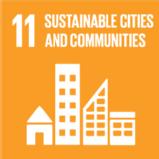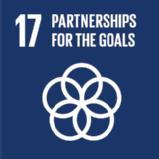PSF

Facilitating knowledge exchange between citizens and policy makers through dialogical participatory mapping
This project builds upon previously successful research activities developed and implemented by Dr Pitidis, Dr Lima-Silva and their colleagues across three different grants:
- Waterproofing Data: Engaging Stakeholders in Sustainable Flood Risk Governance for Urban Resilience (€1m, Oct/2018-Sep/2021, Belmont Forum/Norface/ESRC GCRF);
- RiskPACC: Integrating Risk Perception and Action to enhance Civil protection-Citizen interaction (€5.5m Sept/2021-Aug/2024, EU Horizon 2020);
- Accelerating the impact of citizen-generated data for improving the monitoring and management of catastrophic flooding (~£50K, Jan/2022-Jul 2022, ESRC IAA Funding scheme).
Work across these projects has emphasised the need to develop a systematised citizen-science approach to enhance social learning and territorial understanding in different communities across both the Global North and the Global South, with regard to catastrophic flooding and other natural hazards. In the context of these ongoing projects, a specific methodological approach entitled ‘dialogical participatory mapping’ has been developed. This methodology constitutes an innovative systematised approach for engaging with citizens and capturing perceptions of risk from the viewpoint of local community, strengthening situational awareness and enhancing community resilience through the production of geospatial data. Its ultimate goal is the production of an accurate cartographic depiction of existent and emerging themes of interest within communities in relation to the perceived threats and challenges.
The overarching objective of this project is to scale up the outcomes of the implementation of the dialogical participatory mapping methodology from the community to the municipal and state level not only in the three where the methodology has already been implemented (Acre, São Paulo and Minas Gerais), but in other places within Brazil, EU and the UK.


